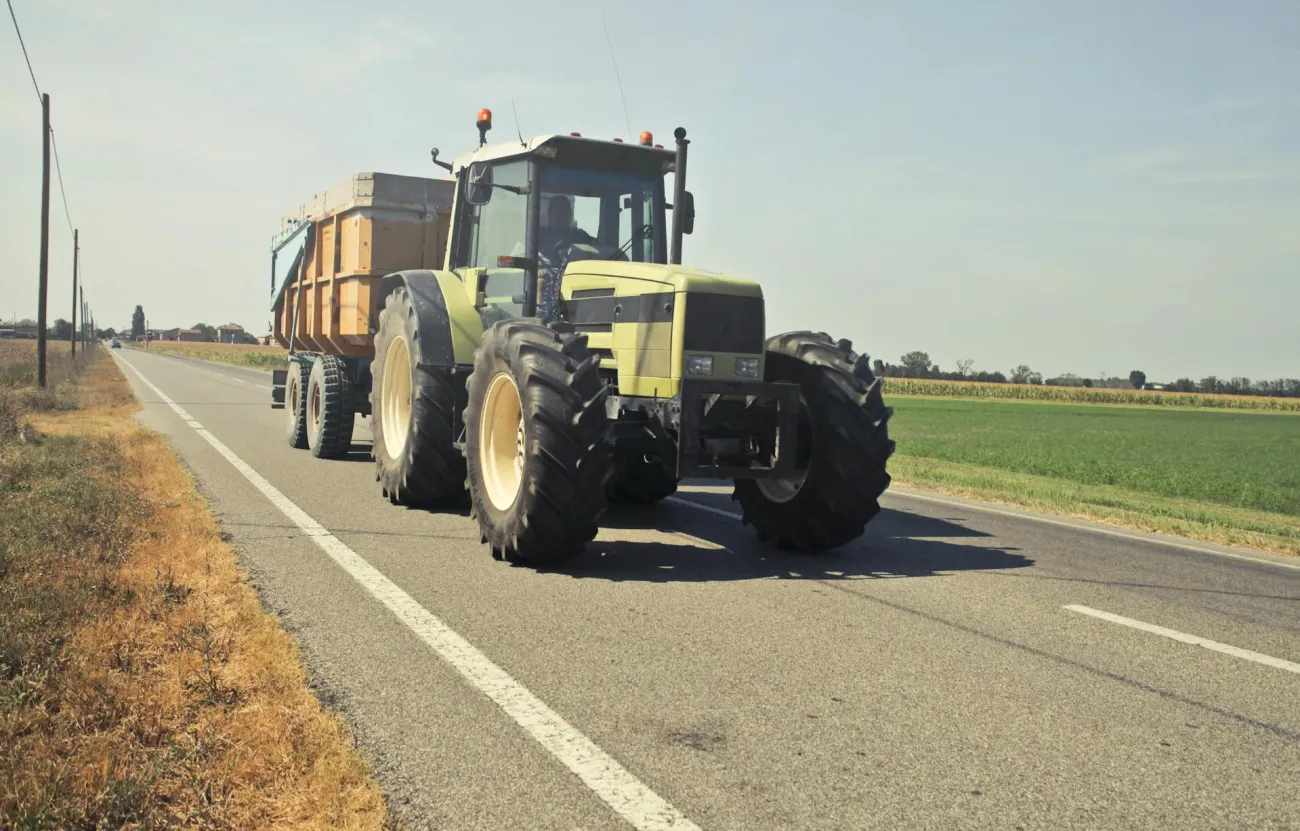This paper looks at how supplier relationship management impacts emission levels from food supply chains. It investigates the influence of corporate Supplier Engagement Programmes (SEP) and the limitations of SEP-led improvements. Supplier Engagement Programmes are programmes set up to allow supermarkets to, for example, review carbon reduction measures and request GHG emissions and other data from their suppliers.

The paper argues that since 75-90% of a food product’s carbon footprint occurs early in the food chain, before the point of sale, much of the responsibility lies on socially responsible retailers to influence supplier behaviour to reduce emissions.
To measure supplier engagement around carbon reduction, the Sustainability Reports and Corporate Social Responsibility reports of nine UK supermarkets were analysed, covering a three year period. One of the limitations of this paper is the exclusion of other sectors and actors within the supply chain.
Abstract
Food supply chain operations contribute significantly to Greenhouse Gas emissions. In the United Kingdom (UK), supermarkets are leading operators in the food retailing sector. With 75-90% of a typical food product’s “carbon footprint” occurring in the supply chain upstream of the point of sale, socially responsible retailers need to influence supplier behaviour to reduce emissions. This paper aims to examine the role of Supplier Relationship Management, including the use of formal Supplier Engagement Programmes, in the UK supermarket sector towards this end. We use secondary data analysis techniques to examine their Corporate Social Responsibility and Sustainability reports. This analysis finds that progress is being made in Sustainable Supply Chain Management, but the use of Supplier Relationship Management for emissions reduction is variable in application. Some Supplier Engagement Programmes operated by UK supermarkets could, nevertheless, act as exemplars of best practice, demonstrating how to achieve emissions reduction alongside other sustainability objectives.
Citation
Tidy, M., Wang, X., Hall, M., (2015). The role of Supplier Relationship Management in reducing Greenhouse Gas emissions from food supply chains: Supplier engagement in the UK supermarket sector, Journal of Cleaner Production
Read the full paper here (note that this requires journal access).
You can read more about various stages of the food supply chain and it´s actors here, behaviour and practice theories, decision making tools and finally resources discussing stakeholder engagement.




Comments (0)